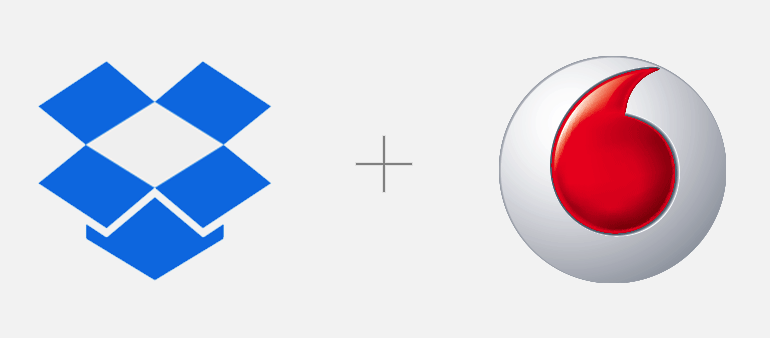
Some of the popular, efficient and convenient cloud storage services like Google Drive, Dropbox, and SugarSync can sometimes be insecure. Your files may be accessible to companies due to the lack of encryption and unprotected data transfers. Before uploading sensitive files to the large storage services you can use smaller, more secure cloud storage services like Wuala and Tresorit to encrypt the files. Alternatively, you can encrypt the files yourself.
Wuala
Wuala is compatible with Linux, iOS, Windows, and Android operating systems. Its first 5GB storage space is free and its packages cost starts from $4 per month for 20GB storage space.
LaCie is the company behind the Wuala cloud storage company, and it offers unique services in two ways;
Encryption of files by clients: you are in charge of your file encryption on your device prior to uploading it it the cloud. This ensures that only you can gain access to the uploaded data, making data transfer extremely secure.
Password confidentiality: You are the only person who has access to your password and not even Wuala employees are able to know it. This means that forgetting your password would give you a very nasty experience trying to access your files.
Tresorit
Tresorit is compatible with Mac OS X, Widows, iOS, and Android operating systems. 5GB is free and its package price starts at $7 per month for 100GB of storage space.
Tresorit provides secure data transfers and data centers able to protect data against data invasion as well as client side encryption.
Tresorit’s client side data encryption is similar to that of Wuala in terms of confidential password protection. A differentiating feature is the ability to secure any folder on your device by just ‘tresor-ing’ it. This means that you can right click on any folder and secure it.
McAfee personal locker
This cloud storage service is compatible with Android, Windows 8, and iOS operating systems. All McAfee LiveSafe subscribers get 1 GB free storage space.
Its features include a PIN, face and voice recognition security measures, which you will have to go through to access high priority files. Low priority files only require a PIN to gain access.
Local File Encryption
Instead of going through the wearisome task of getting a new cloud storage service, applications like TrueCrypt will be useful in helping you encrypt your data inside your cloud folder. This will work well in keeping your files safe and secure.










 The benefits of
The benefits of  Dropbox
Dropbox